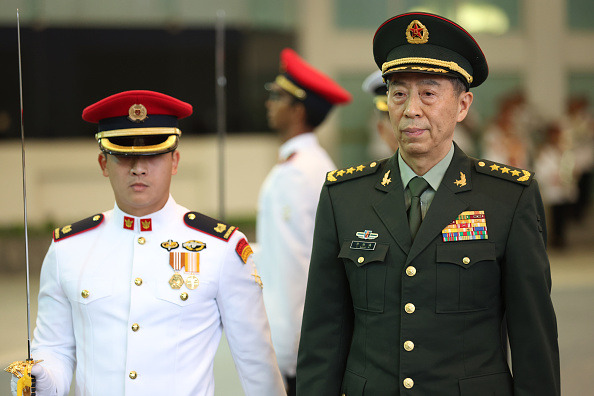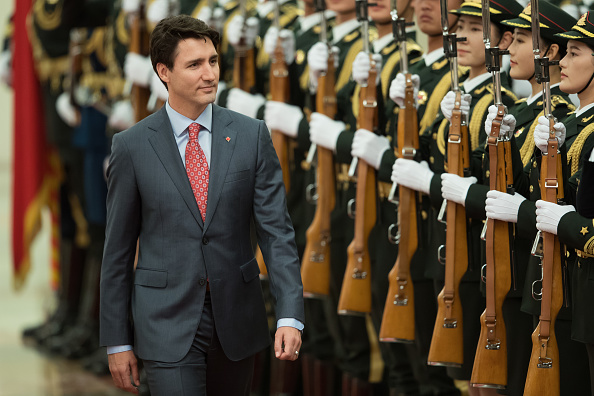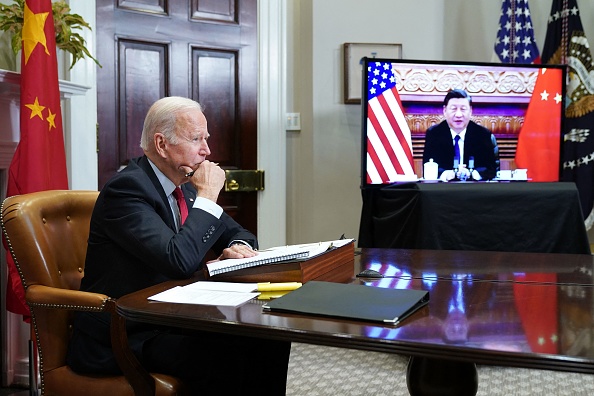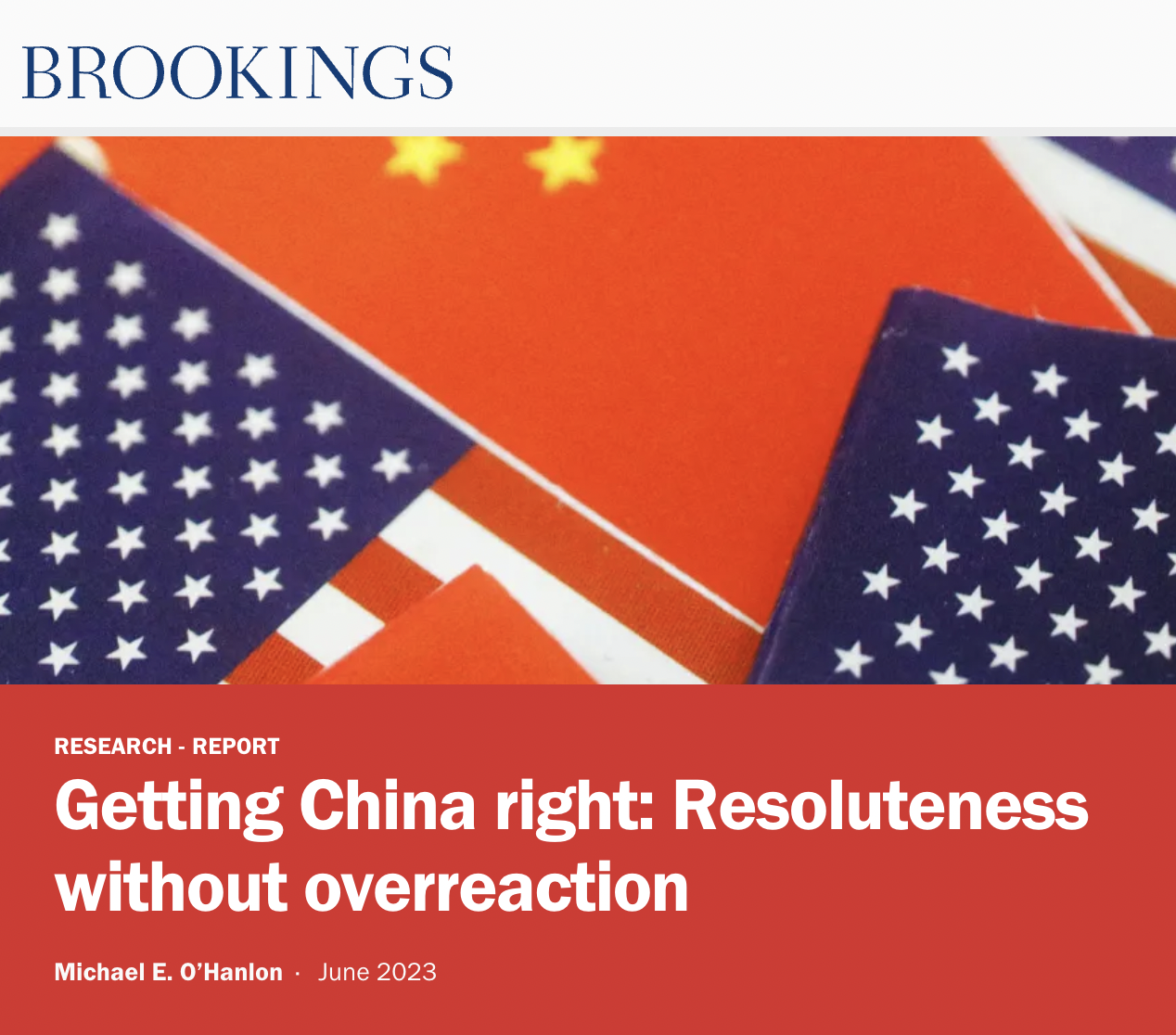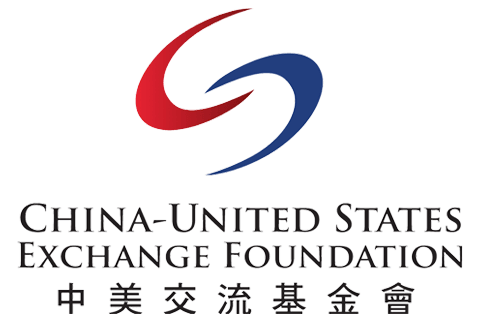
Happy Friday, Focus readers.
We're in for an interesting weekend, as U.S. Secretary of State Antony Blinken is set to embark today on his much-anticipated journey to Beijing, with the intent of defusing ongoing tensions. Blinken's visit will follow an unexpected meeting between Bill Gates and Xi Jinping on Friday, marking Xi's first known one-on-one meeting with a Western business figure in years. These visits, alongside several China-U.S. dialogues in recent months, highlight the current complexity of the bilateral relationship.
On one hand, there has been a renewed impetus for high-level dialogue between officials from both nations, underscored by a mutual agreement to maintain open channels of communication. We've also seen more and more business leaders push back against decoupling attempts and advocate for increased engagement and interdependence between Washington and Beijing.
Conversely, the journey towards rapprochement has been filled with controversies making it a challenge to stabilize relations, including the "spy balloon" incident, China's refusal of U.S. requests for military leader meetings, ongoing Congressional scrutiny of Chinese investments, and more.
The outcome of Blinken's impending visit to Beijing remains uncertain, given the divergent viewpoints and interests on a multitude of issues between both sides, but we look forward to learning more as the trip unfolds.
For now, you can catch up on our top Focus content from the last week discussing several high-level issues including the impacts of Washington's containment policies on China, how Beijing was affected by the U.S. debt ceiling crossfire, China-Canada relations, and more.
- Team Focus
China's holdings of U.S. Treasuries, in billions of dollars, as of January 2023, after dropping for six straight months. Read more from Yuan Sha.
Want to learn more about Washington's policy on China? Check out this new report from the Brookings Institution, "Getting China right: Resoluteness without overreaction," by Michael E. O'Hanlon, Senior Fellow and Director of Research for Brookings Foreign Policy and the Center on 21st Century Security and Intelligence at Brookings.
In the report, O'Hanlon notes that "America's increasingly hardline China policy is probably 80% right on its specific components, given Beijing's assertiveness of recent years, but it is at risk of going too far in its tone and temperature. While staying focused on the challenges posed by China's rise, it is crucial that we keep our strategic composure and sense of perspective on the nature of the problem… We need to avoid the temptation to unify so strongly around the China threat paradigm that we unwittingly increase the risks of confrontation ourselves."
The Power of Language
Watch VideoWhile learning English has long been a focus for students in China, in the U.S. there has been a large uptick in Mandarin students in recent years, serving as a form of cultural exchange between the two countries, and equipping the next generation of global leaders.
In our Focus Insights section, we shared a video from Ted Carpenter on the potential impacts of the U.S. and EU's China containment policies in East Asia.
We want to hear from you: do you think the U.S. and EU are heading in the right direction with their containment policies on China? Is pushback from Beijing valid? How else could these policies impact the security and stability of East Asia?
Submit your thoughts to useditor@chinausfocus.com for a chance to be featured in next week's Focus This Week.
useditor@chinausfocus.com for more info.
Prepared by China-US Focus editorial teams in Hong Kong and New York, this weekly newsletter offers you snap shots of latest trends and developments emerging from China and the U.S. every week. It is a community space to exchange thoughts and ideas about the China-U.S. relationship and beyond.
